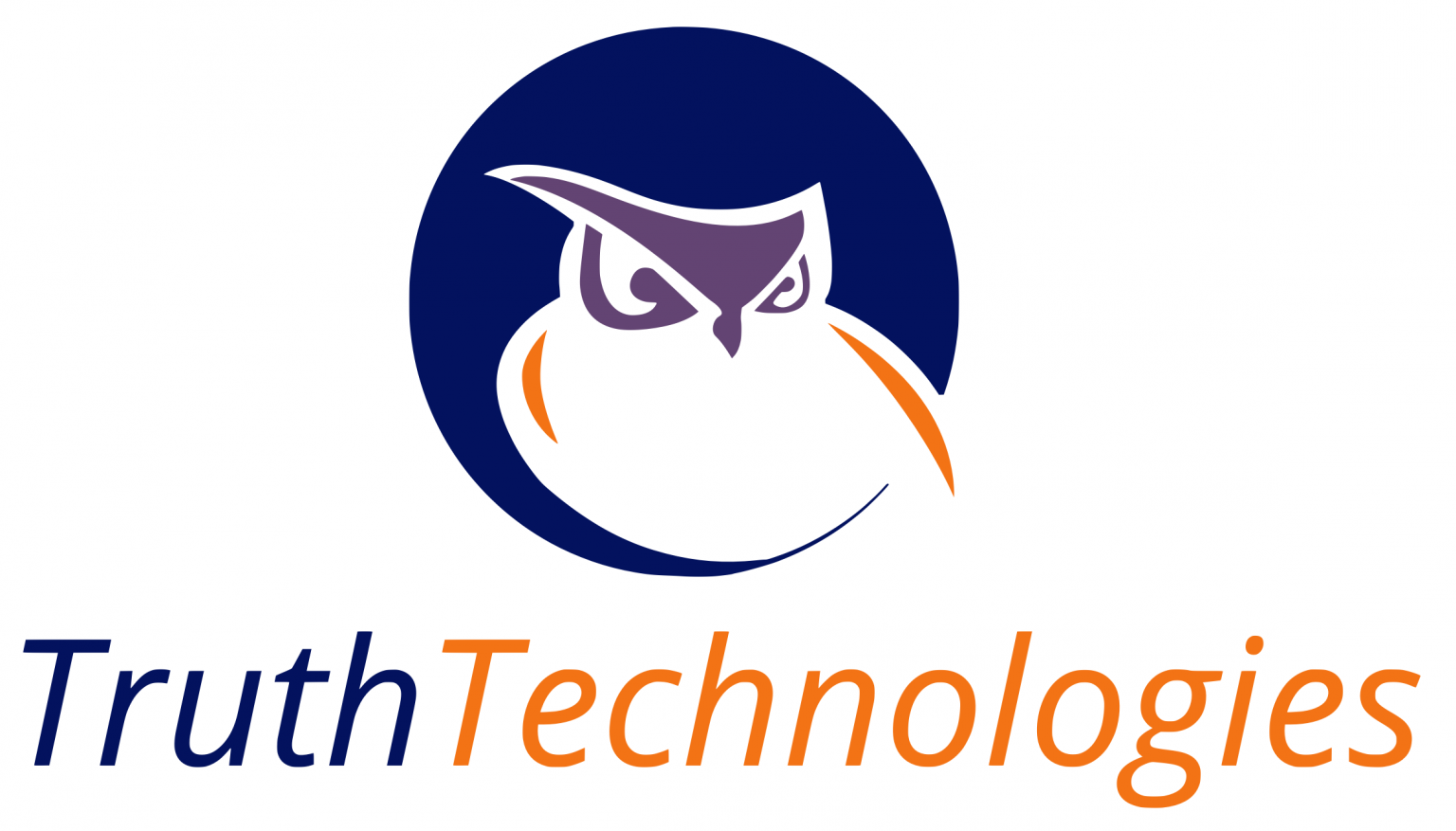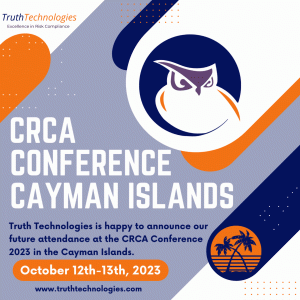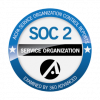Money laundering is a growing problem around the world, and as technology advances, the issue will only get worse. Every regulated business and financial institution needs to have processes in place to identify areas of risk, detect suspicious transactions, and report financial crime to make sure the organization is not involved in any money laundering activities.
Various global, federal, and state regulatory bodies have developed anti-money laundering policies to combat money laundering. One such tactic is anti-money laundering screening, which helps ensure that a business is not involved in money laundering—either directly or indirectly.
Anti-money laundering legislation is extensive and requires a significant amount of time and resources to ensure compliance. Fortunately, there are technological solutions—like our Sentinel™ software—that can streamline this process and make it easy for businesses to fulfill the abundance of anti-money laundering obligations. By working with an established provider of AML compliance solutions like Truth Technologies, you can comply with anti-money laundering regulations and keep your business secure.
What Is Anti-Money Laundering?
Money laundering is a financial crime that involves hiding the origins of money obtained illegally by passing it through various economic transactions until it can be indirectly returned with a clean slate. Anti-money laundering (AML) is the answer to money laundering. AML includes the policies, regulations, and laws in place intended to prevent money laundering and similar financial crimes.
AML Regulatory Compliance
Global, federal, state, and local regulatory bodies have established anti-money laundering rules to both prevent money laundering and detect individuals or organizations involved in financial crime.
Regulated businesses like banks, casinos, real estate vendors, auditors, insurance companies, and other financial institutions are required to ensure AML compliance as defined by AML legislation.
A key component of AML regulatory compliance is the AML screening process. Using methods like AML screening helps regulated businesses meet compliance obligations and ensure they are not involved in criminal activity.
AML Screening Process
The AML screening process requires businesses to verify the identity of potential and current customers (both individuals and organizations) and determine whether they are at risk of money laundering. AML checks involve screening a customer’s name and making sure they are not included on any sanctions lists, politically exposed persons (PEP) lists, or banned or wanted lists.
Know your customer (KYC) verification is also part of the AML screening process. Additional screening and third-party risk management procedures may be required as well, depending on the industry and unique business relationships at play.
AML checks should be conducted when new customers are onboarded to verify identities and as a regular, ongoing risk management process to monitor financial transactions and suspicious activity.
These methods are all in an effort to assess your business’s risk and ensure it is complying with AML regulations.
The Benefits of AML Program Compliance
While all regulated businesses must comply with AML legislation, there are also benefits of performing AML screening: identifying risky customers, ensuring regulatory compliance, and detecting suspicious financial transactions.
Identify Areas of Risk
A risk assessment is an important part of protecting your business. Identifying areas of risk ensures you are detecting and monitoring the financial activities of high-risk customers—which makes it easier to catch dubious transactions and minimizes your chances of getting involved in money laundering.
Ensure Compliance
There is increasing pressure on regulated businesses, especially financial institutions, to comply with KYC procedures and AML legislation. Performing AML screening is a crucial part of avoiding sanctions violations and protecting your business from regulatory fines.
Detect and Report Suspicious Activity
AML screening helps businesses detect and report suspicious financial transactions, which is another key part of meeting regulatory AML obligations. To make sure they are able to monitor customer activity and comply with AML standards, businesses often use AML screening software to conduct scans and verify customer information.
Why You Should Use Anti-Money Laundering Software
The AML screening process is complicated, and it requires a lot of time and resources to constantly vet customer names against sanctions lists, monitor ongoing financial transactions, and identify areas of risk. Thankfully, there is an alternative: AML screening software.
Technologically advanced AML compliance solutions make it easy for financial institutions and other regulated businesses to meet AML compliance standards. These software programs can access global sanctions, PEP, and wanted lists, reduce false positives (which damage your reputation), and perform automated customer screening.
Your business will substantially benefit from an advanced AML software application that allows you to fulfil your AML obligations and keeps your organization safe. An experienced risk compliance company like Truth Technologies can help you find just the right AML solution for your company.
Protect Your Business with Our Innovative AML Compliance Solutions
At Truth Technologies, we are proud to be a trusted provider of global risk compliance solutions.
Our Sentinel™ software application provides additional protection for your business by accurately and efficiently identifying high risk customers and helps you meet both national and global KYC/AML compliance standards. If you want to reduce false positives and eliminate the challenges of due diligence, look no further.
To learn more about AML screening tools, request a demo or contact us today. We’ll show you what makes Sentinel™ from Truth Technologies the best choice for customer due diligence and AML processes.





